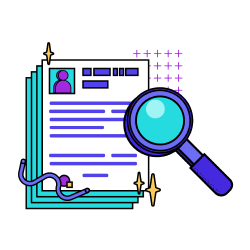Data scientists use a variety of tools for different aspects of their work. Here’s a concise list:
Programming Languages : Python, R, SQL for data manipulation, statistical analysis, and machine learning.
Data Analysis Libraries: Pandas, NumPy, SciPy for Python; dplyr, ggplot2 for R.
Machine Learning Libraries: scikit-learn, TensorFlow, PyTorch, Keras for model building and training.
Data Visualization Tools: Matplotlib, Seaborn for Python; ggplot2 for R; Tableau, Power BI for interactive dashboards.
Big Data Technologies: Apache Hadoop, Spark for processing large datasets.
Database Management Systems: PostgreSQL, MySQL, MongoDB for data storage and retrieval.
Development Environments: Jupyter Notebooks, RStudio, Visual Studio Code for writing and testing code.
Version Control Systems: Git, GitHub, Bitbucket for code versioning and collaboration.
Cloud Services: AWS, Google Cloud, Azure for scalable computing resources.
Data Cleaning Tools: OpenRefine, Trifacta for preprocessing and cleaning data.
Statistical Software: SAS, SPSS for statistical analysis, especially in specific industries like healthcare or finance.

















